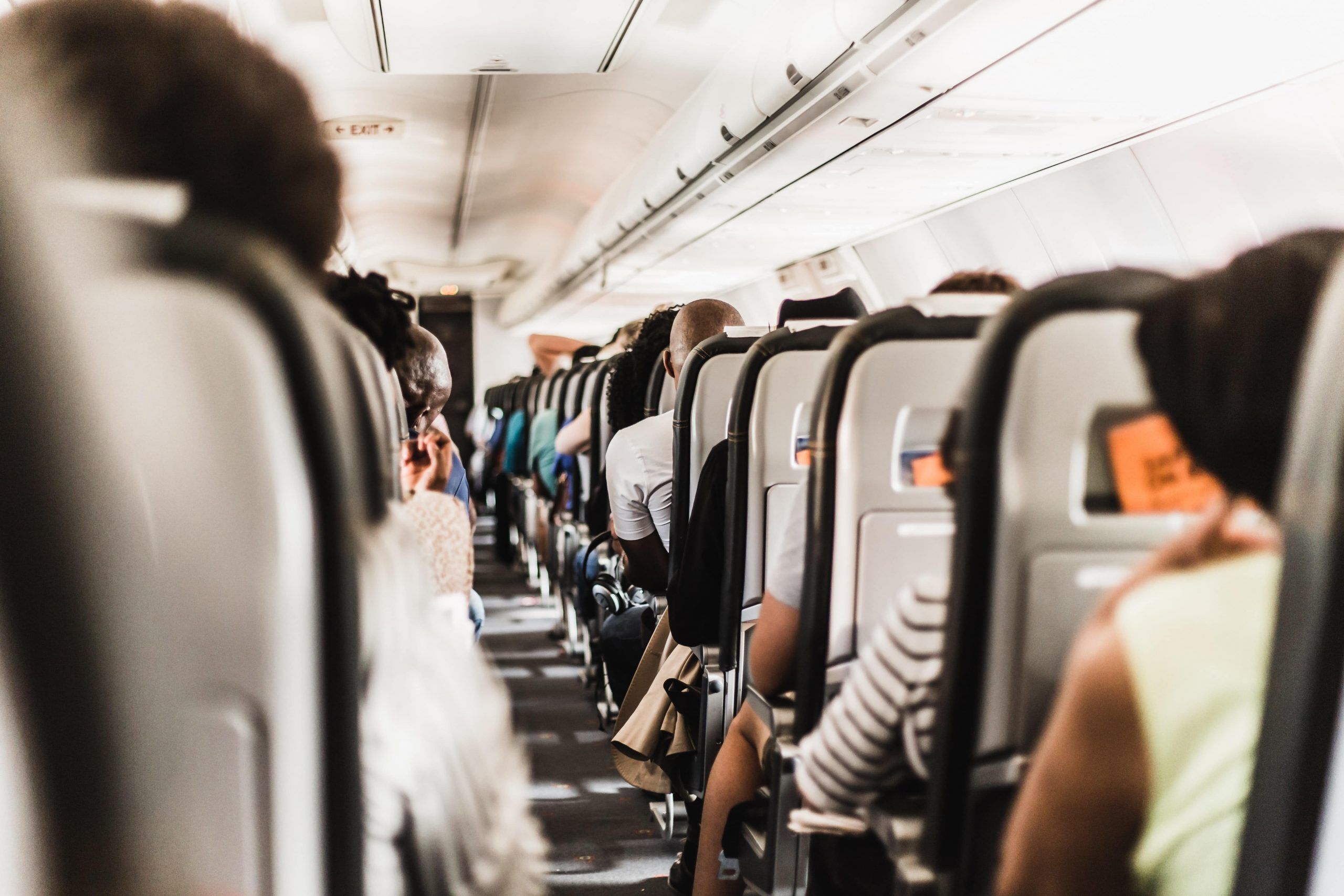Data Insights 1: Getting people back on trains
11/05/2021
Written by Frederic Kalinke
At SilverRail, we want to play our role in helping the rail industry recover from the pandemic and encourage people back on to trains.
In order to gain an understanding of the attitudes and likely behaviours of customers, we conducted a survey recently of 3000 travellers across the UK, France and Sweden – three countries where SilverRail has major operations. We asked them whether initiatives like proof of vaccination and enforced social distancing onboard would make them feel more comfortable about taking the train.
Here’s what they told us.
Coronavirus has and will continue to impact the number of people taking trains. But there is good news and bad news for the industry. Some people expect to travel less by rail but some do not. And different demographics have varying expectations of the amount of rail travel they will do.
Overall, in our survey group, we found that 36% of respondents said they estimate to travel less by train in 2022 than they did before the pandemic but 27% said they would not travel less by train. The responses were different between countries:
So, in the UK there is a strong expectation of travelling less by rail in 2022 but in Sweden less change is expected. This may be related to different expectations about the reason for travel in the three countries:
In the UK, the train will be used more for work and study than in France and Sweden. And as people expect to work more from home, they’re predicting they will travel less by train overall.
We also find that different groups have different expectations about the future.
* data is not available for Sweden in these categories.
Older UK men are the most likely to travel less by rail in future but younger French men and women barely expect to travel less by rail at all!
The question is, are there actions that we, as an industry, can take to encourage these people back on to the train. We considered two things:
– Proof of vaccination for all passengers and
– Enforced Social Distancing on Trains
And indeed, we found that those groups who expect to travel less by train, are on the whole, the same groups who would feel more comfortable if all passengers had to show proof of vaccination.
The next chart shows a clear correlation between these two attitudes.
So for example, UK men over 45 expect to travel less by train but would be comforted by travelling with other vaccinated passengers. Though controversial, perhaps vaccination passports will encourage them back on trains.
French men and women under 45, however, do not expect to travel less and will not be comforted by vaccinated co-travellers. Indeed 23% of French people under 45 ‘strongly disagree’ that they would feel more comfortable with proof of vaccination. This echoes the strong anti-vax sentiment in France. The equivalent figure amongst young people is 13% in the UK and 12% in Sweden.
So what about social distancing? If it were enforced on trains, would people be more comfortable? We found that all groups firmly believe they would be more comfortable with enforced social distancing on trains.
Though the strength of feeling about distancing varies across groups, there is no obvious relationship with the expectation of travelling less. French men and women under 45 both expect to continue travelling by train but they have very different views about the importance of distancing.
How will these insights shape what we build at SilverRail?
SilverRail has recently delivered an improvement to our journey planning results which provides the customer with an indication of how full a train is going to be. The data is provided by UK Train Operating Companies based on historic travel patterns. Armed with this data, a customer has the opportunity to choose to travel on trains which are less busy, thereby ensuring social distancing (which our survey shows they require).
We have also helped rail carriers enforce social distancing through their online seat selection tools, which are powered by SilverRail’s technology.
We will continue to seek and pre-empt product enhancements that will help get customers back on trains in future bulletins.
Look out for our next report on passenger attitudes to domestic versus international train travel.
Sign up to our bulletin
To get these data insights delivered directly to your inbox, you can sign up to our bulletin here.




